|
Guest Post by Andy Macia Edit and Post Design by Christy Zigweid Image by Kenznguyen via Pixabay Design made in Canva Addiction is a cruel, controlling monster consuming both you and those you care about. I speak from personal experience because my addiction not only led me to doing time in prison but also to the decision where I was going to end my life. Fortunately it never happened because my mom knew something was wrong. She stopped me from making the biggest mistake of my life and got me the help I needed. I was admitted into rehab and it saved my life. I learned how to work through my self-hatred and guilt, and realized I had everything to live for. I got my head down, studied and tried to repair all the damage I did to myself and family. Now I co-own a successful digital marketing business, which gives me focus and the hope of a brighter future. My parents were so supportive during rehab and with their help and my sponsor, my recovery has been a positive one. In this article, I will explain what addiction is. I will also share three vital life lessons I discovered during my time in rehab, which I hope can give you or someone you love something to consider on the path to recovery. What is Addiction? Addiction is when someone becomes completely enslaved to a habit or substance that makes them psychologically and physically dependent. Addictions are not only restricted to drugs, alcohol and other substances but also to sex, work and even sleeping. Addictions are usually used as a coping mechanism for psychological factors such as depression, stress and even boredom. Some people are genetically predisposed to become addicts and can’t avoid it. There is always an underlying reason why people turn to their addictions for comfort. People can get confused when it comes to addiction. They often ask themselves is it a disease or a choice? There are complex biological causes behind addiction, which makes it similar to an illness. However, many only see it as a weakness in character and believe the addict chooses this way of life. Society tells us an addict is someone you cannot trust. Instead, we should fear and ignore the addict. The truth is, anyone from any social background, race, age, or economic status can become an addict. Addiction does not discriminate. Unfortunately, not everyone is well informed about addiction. They don’t understand why people suffer from it, which gives them the wrong impression of what addiction really is. This point leads me into the first important life lesson I learned during rehab about addiction recovery. 1. Ignore What Other People Think of You Shame is something that comes with being an addict. People don’t know how to handle someone when they find out they have an addiction. I remember some of my parent’s friends were disgusted when they found out I was an addict. They imagined me as some kind of “junkie” lowlife who was a waste of space to society. What I realized during rehab was that if I was going to have any chance at recovering at all I had to ignore what people thought. I had to be open and honest about what I was going through. I didn’t choose to be an addict. Rehab showed me addiction is more like an illness that can be treated and can have positive results. Don’t listen to people who say you are weak and addiction is your fault. Getting help from professionals who understand addiction is a disease and can be treated, will give you the best chance of positive recovery. 2. Addiction Can Be Beaten in More than One Way After I reached my lowest point, I was admitted into a rehab center which was the start of my journey to recovery. I learned how to manage my feelings of guilt and self-loathing, which were my triggers for alcohol and drug abuse. Being in the rehab center gave me the right start to understanding why I was an addict. However, being admitted to rehab centers does not work for everyone. Some rehab centers offer an Intensive Outpatient Program (IOP) which can give the addict more freedom to continue their everyday life while getting the help they need. There are also alternative therapies such as yoga and meditation, which focus on mindfulness to help the addict work through addiction and avoid relapse. 12-step are programs also a viable option. When I left the rehab center I joined my local AA (Alcoholics Anonymous) and NA (Narcotics Anonymous) groups and they became a space where I felt safe. My sponsor became vital to my recovery success. You can search for addiction meetings in your area to find a group close to you. It is important the person battling addiction finds a recovery treatment to suit them so they don’t feel too much pressure during recovery. Don’t just do what everyone else advises but research your options carefully; try them out to see what fits. 3. Learn to Accept Your Past and Forgive Yourself During my time in rehab I wrote letters to everyone I had hurt because of my addiction, including myself. The exercise really helped me begin to heal. The time I relapsed after coming of prison was caused by allowing my own self-hatred trigger my addiction. I hated the fact I couldn’t handle my own life and I was killing everyone around me. These things pushed me closer to the edge every time and led to the inevitable relapse. Thinking about how much you’ve messed up your life and how much you have hurt people will not help you recover. I learned I first had to accept my past and begin forgiving myself for my addiction. This would make it so I could start looking forward. It is vital for the addict to go through a healing process, beginning with themselves and only then can they heal relationships around them. Recovery from addiction takes time, patience and a whole lot of strength for both the addict and those suffering with them. It is more than worth it in the long run. I hope these three life lessons I have shared with you today can help give you hope and strength so you can fight addiction successfully. About the Author
0 Comments
Article by Irving Schattner Post design and edit by Christy Zigweid Photo by Pexels via Pixabay made using @WordSwagApp When a person in a relationship recovers from addictions (alcohol or drugs, food, gambling, shopping), anxiety and/or depression, it could be said that the person is following a new path. This path may feel scary at times, but when such a person has committed to the change process, their partner or significant other may not fully be aware of how their loved one has changed and how it may impact their relationship. In some instances, one's partner or significant other may welcome these changes as a healthy outcome of couples therapy. They may feel liberated from their partner’s constant need for support, validation and neediness, and can now focus on establishing a more balanced, healthy, and mutually beneficial relationship. In other instances, one’s partner or significant other may find himself or herself resentful and pushing back against the tide of what they see as a person they no longer know or understand. This occurs most particularly when their role as protector, defender, or enabler becomes undermined by this change in their partner. As one partner changes through the therapeutic process, the balance of power can shift one of two ways: Equality, equilibrium, mutual recognition, understanding, and respect come to define this modified relationship. And one partner accommodates to this new arrangement while the other partner finds it difficult or is unwilling to make a change that recognizes the needs of the other. Maintaining a Healthy RelationshipGenerally speaking, it is healthy and necessary for people to adapt to changing circumstances and life events. So, too, it is expected that relationships will change over time. But sometimes partner’s needs change and are not complimentary. Partners may find themselves on different paths or life journeys. So, what can you do when you find that your needs, wants, desires, dreams, or life direction have changed from that of your partner’s? The first thing you might want to consider is acknowledging these changes. Failure to be open and honest with your partner may only lead to a breakdown of the relationship. Perhaps you truly want out of the relationship and are fearful of confronting this fact. If this is the case, your complacency and lack of openness will passively move you towards what you truly want – dissolution of your relationship. On the other hand, if you want your partner to share the new you and your new journey, it is paramount that you share your thoughts and feelings with your partner. To do otherwise, is sabotage of your relationship. It is natural to want to grow and change, and if you want your relationship to survive, even thrive, it is mandatory that you engage your partner in healthy dialogue that lets them know what’s going on inside of you, the personal changes you are making, and how that may impact or shift the dynamics or nature of your relationship. In turn, you should allow your spouse the space, time, and freedom to fully express their thoughts, feelings and needs relevant to the changes taking place. It is worth noting that just because you may not be one-hundred-percent on the same page, does not mean your relationship is doomed. If you feel like you are at an impasse, or simply don’t know where to begin this process of reconciliation, couples therapy can be of great help in defining your respective wants, needs and desires, and examining whether they can be accommodated in your relationship or if it’s time to move on. About the Author - Irving Schattner, LCSWAbout the Author - Irving Schattner, LCSWAbout the Author - Irving Schattner, LCSW
Article by Irving Schattner Post design by Christy Zigweid Photo by Tabeajaichhalt via Pixabay made using @WordSwagApp Hello everyone, I’d like to introduce to you Dariusz, a former client of mine, who wanted to share this inspiring and heartfelt letter with my readers... I’ve struggled with anxiety for many years, which fueled my addiction to pain pills. They made my anxiety diminish, and helped me feel more comfortable. Little did I know that this was a fast road to a miserable existence. Social interactions made me uncomfortable, which fueled chronic depression when I was off the drugs. To put it plainly, I was a mess from a mental health standpoint. I was broken and ready to give up, but as a last-ditch effort I reached out for help and found Irving Schattner, LCSW, the director and founder of the Counseling Center for Growth and Recovery, in Delray Beach, Florida. With his multi-faceted treatment approach and a caring, genuine perspective, I was nursed back to mental wellness on my road to recovery. Addiction, Anxiety, DepressionI remember the first time I walked into Mr. Schattner’s office, I was extremely anxious and uneasy. I had successfully completed a detox program so my body was off the drugs, but my mind was craving them to feel better mentally. I did not know how to live life on it’s own terms, without resorting to substance abuse. While I removed the drugs from my system, I was left an empty shell of a person, scared to interact with others and plagued by a history of addiction, anxiety, and depression. The treatment philosophy pioneered by the Counseling Center for Growth and Recovery, under the direction of Mr. Schattner himself, focuses on getting to the root causes of your emotional or psychological distress. I learned that feeling anxious and depressed at the same time is a common condition, and can be healed through exposure and response prevention therapy. Together, we examined my negative thoughts and beliefs through cognitive therapy and it’s connection to my self-sabotaging behaviors with cognitive-behavioral therapy. I learned how to challenge these negative thoughts and beliefs, which lead me toward achieving the things I wanted, which was freedom from the anxiety and depression that crippled my life and fueled my addiction. I learned to face my fears, instead of running away from them and numbing myself with drugs. We practiced a variety of life skills and Mr. Schattner helped me feel comfortable in my own skin again. Slowly but surely, my confidence and self-esteem increased after each session, and I was able to venture out into public and social gatherings without the fear of rejection. Online Counseling in Florida from the Comfort of HomeAfter attending face-to-face individual counseling sessions for some time, we transitioned to online counseling in Florida via an internet connection. I used my iPad for video therapy sessions without the need to drive to the practice itself. This allowed for a continued personalized experience but from the privacy and safety of home. It was much more convenient and I felt ready for this natural progression in my level of care. I still attend Mr. Schattner’s online counseling sessions today and the therapy I receive continues to help me become a stronger person. I’ve found purpose and meaning in my life instead of dwelling on the unknown and wasting my life away in fear. If you’re struggling with addiction, anxiety, or depression, don’t fear therapy or counseling. The first step is to find the courage to reach out for help and I know it’s hard because I hated changes in my life or even asking people for anything. But for me it was life or death, as continuing my miserable existence would have certainly not ended well. If I can find the courage to ask for help, then you can too. About the Author - Irving Schattner, LCSW
Letter printed with permission from both Mr. Schattner and Dariusz
Article by Matt Gonzales Edit and post design by Christy Zigweid Photo by lechenie-narkomanii via Pixabay made using @WordSwagApp Drug or alcohol addiction impacts lives. It can fracture a person’s relationships, affect his or her academic or job performance, and put the individual’s health at risk. Substance abuse can weaken a person’s immune system or cause seizures, stroke, or brain damage. Addiction can also lead to the development of mental illness, such as anxiety or depression. Mental diseases affect the way an individual thinks and his or her behavioral patterns. Some mental disorders, such as panic disorder, are rooted in anxiety. Other mental disorders, such as post-traumatic stress disorder, involve unwanted, intrusive thoughts. Nearly 44 million U.S. adults experience mental illness in a given year, according to the National Alliance on Mental Illness (NAMI). About 13.6 million adults in the United States live with a serious mental illness. According to NAMI: 18.1 percent of U.S. adults live with an anxiety disorder About 20 percent of Americans with an anxiety or mood disorder have a substance use disorder, according to the Anxiety and Depression Association of America. Conversely, about 20 percent of those with addiction have an anxiety or mood disorder. Mental disorders can lead to drug or alcohol addiction, as well. Men are more likely than women to develop a co-occurring disorder. People of lower socioeconomic status, military veterans, and individuals with general medical illnesses are also at risk for developing a co-occurring disorder. People with mental illness often use drugs or alcohol to self-medicate. However, substance abuse can worsen symptoms of mental illness and trigger new symptoms. Self-medication can also lead to addiction. A 2010 study published in the journal Current Drug Safety outlined the consequences of self-medication. Individuals who self-medicate may self-diagnose incorrectly, fail to seek medical help, or take a dangerous amount of the substance. People self-medicate using drugs or alcohol to numb physical or emotional pain. For example, someone with anxiety may discover that a few drinks and some marijuana take the edge off in social situations. But the more an individual uses these substances to manage stress, the less able he or she is to cope in healthy ways. Substance abuse is common among people with social anxiety disorder, a mental illness characterized by an extreme fear of being scrutinized or judged in social or performance situations. Drinking in social situations may reduce anxiety, but it can also result in alcohol abuse. PTSD and substance abuse also frequently occur together. People with PTSD often use drugs or alcohol to alleviate emotional pain. However, these substances have shown to worsen PTSD symptoms. Many mental health professionals treat PTSD and substance abuse together because symptoms of this mental illness can lead to relapse. Those with co-occurring disorders should seek treatment immediately. Rehab centers across the United States offer a continuum of care catered to each individual’s needs. People who have completed treatment and are in recovery go on to live healthy lives while maintaining successful careers. SourcesAnxiety and Depression Association of America. (2016, June). Social Anxiety Disorder. Retrieved from https://www.adaa.org/understanding-anxiety/social-anxiety-disorder Anxiety and Depression Association of America. (n.d.). Substance Use Disorders. Retrieved from https://www.adaa.org/understanding-anxiety/related-illnesses/substance-abuse Dayton, T. (2013, July 9). Why We ‘Self-Medicate’ Our Own Depression or Anxiety. Retrieved from http://www.huffingtonpost.com/dr-tian-dayton/self-medication_b_3236724.html National Alliance on Mental Illness. (n.d.). Dual Diagnosis. Retrieved from http://www.nami.org/Learn-More/Mental-Health-Conditions/Related-Conditions/Dual-Diagnosis National Alliance on Mental Illness. (n.d.). Drugs, Alcohol and Smoking. Retrieved from http://www.nami.org/Find-Support/Living-with-a-Mental-Health-Condition/Taking-Care-of-Your-Body/Drugs,-Alcohol-Smoking National Alliance on Mental Illness. (n.d.). Mental Health Facts In America. Retrieved from https://www.nami.org/getattachment/Learn-More/Mental-Health-By-the-Numbers/General-MH-Facts-4-12-15.pdf National Council on Alcoholism and Drug Dependence Inc. (2015, July 25). Alcoholism, Drug Dependence and Co-Occurring Disorders. Retrieved from https://www.ncadd.org/about-addiction/signs-and-symptoms/co-occurring-disorders Ruiz, M.E. (2010, October). Risks of self-medication practices. Retrieved from https://www.ncbi.nlm.nih.gov/pubmed/20615179 Substance Abuse and Mental Health Services Administration. (2016, March 8). Mental and Substance Use Disorders. Retrieved from http://www.samhsa.gov/disorders About the AuthorMatt Gonzales is a writer and researcher for DrugRehab.com. He boasts several years of experience writing for a daily publication, multiple weekly journals, a quarterly magazine and various online platforms. He has a bachelor’s degree in communication, with a Journalism concentration, from East Carolina University. Follow him on Twitter.
Guest post by Michelle Peterson Edit and Blog Post Design by Christy Zigweid Photo by karosieben via Pixabay made using @WordSwagApp Addiction comes with many risks, including impulsive or dangerous behavior, health issues, and overdose, but many fail to realize how a serious addiction can have a fatal chain reaction that could lead to suicide. The link between addiction and suicide is a strong one, according to many studies done over the years. One such study showed that the strongest predictor of suicide is alcoholism, a disease which carries depression along with it; either alcohol exacerbates symptoms of depression that were already present, or it has a dark effect on moods and can lead to isolation, violence, or a slow decline in the individual’s ability to function daily. For some, substance abuse is a way to self-treat depression, anxiety, stress, or emotional pain from big life changes, such as a divorce or death in the family. It may be the only thing that helps the individual sleep or cope with everyday events, but the truth is, drugs and alcohol are only making things worse behind the scenes. It’s estimated that the suicide rate among those who suffer from substance abuse issues is as high as 45%, yet it’s still difficult for many people to start the conversation with a loved one who is at risk, in part because the subject is so taboo in our society. We are afraid to bring up the word “suicide” for fear that it will be suggestive, or that it will offend the individual at risk. Another issue is that not everyone knows what to look for. Even trained professionals may have a hard time diagnosing someone with a substance abuse problem--or with depression--and establishing a safe place for the individual to talk openly about their feelings. Photo via Pixabay by Unsplash Although warning signs of addiction can vary from person to person, there is a general list to be on the lookout for. It can be especially difficult to differentiate between warning signs and typical changes in mood and behavior when a teenager is concerned, so be aware that if you think these signs are present in a loved one, it’s important to talk to them about it before you make assumptions. Bringing up your concerns won’t put ideas into their head about suicide; if they were already thinking about self-harm, however, having the word out in the open could be enormously helpful in moving toward a healthy path. Some of the most common signs include:
In talking to a loved one about your concerns, one of the most important things to remember is not to introduce guilt. Being judgmental will only make the individual feel worse, and it’s likely that if they do have a substance abuse problem or are having thoughts of suicide, they already suffer from low self-esteem or feel isolated. Let them know that they are not alone, and listen with a sympathetic ear. Statements such as “I’m so sorry you’ve been feeling that way” are particularly effective. If your loved one admits there is a problem but doesn’t feel comfortable talking to you about it, that’s okay. You can still offer to help them find a counselor, group therapy, or healthcare professional to aid them in recovery. If you feel self-harm is an immediate danger, don’t leave the individual alone. Stay with them and call for help, and, if possible, remove any items that could be used as weapons or cause injury from the area. If you are having thoughts of suicide, please call 911 or the National Suicide Prevention Lifeline at 1-800-273- (TALK) 8255 About the Author Michelle Peterson has been in recovery for several years. She started RecoveryPride.org to help eliminate the stigma placed on those who struggle with addiction. The site emphasizes that the journey to sobriety should not be one of shame but of pride and offers stories, victories, and other information to give hope and help to those in recovery.
Addiction is categorized as a mental illness, even if it’s not always seen that way. Those addicted to drugs or alcohol are twice as likely to have an additional mental illness. Unfortunately, these two illnesses can send a person down the path to self-destruction. A good friend of mine committed suicide after years of struggling with alcoholism. It wasn’t until he found himself in a substance abuse program that he was diagnosed with bipolar disorder. It makes one wonder if things may have turned out differently had he been diagnosed earlier. Since my friend’s death, I’ve been taking a closer look at the connections between addiction and other mental illnesses. Post-Traumatic Stress Disorder (aka PTSD) is an illness which often walks hand-in-hand with addiction. PTSD is most commonly suffered by veterans and victims of abuse. The disorder causes a number of disruptive symptoms including flashbacks, insomnia, and depression. With the modern stigma against mental illness, some sufferers of PTSD go untreated. Without proper treatment, PTSD symptoms grow worse, leading those with the disorder to self-medicate. Self-medication is most often done with alcohol but also can be done with a variety of drugs. Below, we highlight a few of the dangers of self-medication and the reasons those suffering from addiction should get help. Self-Medication Leads to Addiction When a person self-medicates with drugs or alcohol to feel better, he becomes increasingly more likely to continue the behavior in order to feel normal. Not only does self-medication lead the person to feel he needs the substance to go about his life, but it also creates a physical dependence on the substance. Addiction is the last thing a person struggling with mental illness needs. Substance Abuse Increases the Risk of Suicide Those who abuse a substance are six times more likely to attempt suicide. This alarming statistic does not include the added risk for suicide experienced by PTSD sufferers. It also fails to incorporate the risk of accidental suicide via overdose. As the individual increases his tolerance to his substance of choice, he will begin to take more and more, and continue to slide down the slippery slope to unintentional overdose. Self-Medication Damages Relationships Any person who has struggled with addiction can attest to the strain the addiction placed on his relationships. A person with PTSD may unintentionally prioritize his substance abuse above his loved ones. The combination of social anxiety that often comes with PTSD, lack of proper treatment, and substance abuse is bound to batter one’s family ties. It is critical for people with PTSD, even those who already are self-medicating, to seek help immediately. Recovery is the only way to repair any damage to relationships. Substance Abuse Makes Symptoms Worse When left untreated, PTSD symptoms grow worse with time. When the effects of drug and alcohol wear off, the original symptoms of PTSD are aggravated, leading a person to abuse substances even further. While self-medication may seem to help in the short term, it is wreaking havoc in the long term. The only real way to combat symptoms of PTSD is to seek help from a trained professional. Treatment for PTSD does not have to be embarrassing or uncomfortable. There are many forms of therapy available to help you recover and cope in the way you want. PTSD service dogs also are available to make daily life more bearable. Whatever form of therapy you choose, it is critical that you find and undergo professional treatment. Self-medication may seem to work in the moment but in actuality, you are damaging your chances of living a normal life in the long run. Get help, seek support, and avoid addictive substances. About the Author Adam Cook has a strong understanding of the devastation that can be caused by addiction. He recently lost a close friend to an addiction-related suicide. In an effort to better educate himself and to help others, he created AddictionHub.org, a site that provides addiction and mental health resources. When he isn’t working or adding to his website, he’s prepping for his first triathlon.
Guest Post by Joseph S. Fusaro Edit and Post Design by Christy Zigweid Picture made using @WordSwagApp It was the spring of 2013. It had been 3 years since my last psych inpatient stay for schizoaffective and general anxiety disorder and to this day, I still say my symptoms were from excessive cigarettes, Adderall, benzos, and the 6-10 joints I was smoking a day. I never had a problem with any of these meds before, but after 2 years, they stopped working and I would go from ADHD and general anxiety straight into psychotic and schizophrenic episodes. But, before I get into 2013, I need to explain what happened after my last inpatient stay in 2010. Held against my will for over a month and a half, I learned the hard way that sarcasm mixed with psychosis is really a bad idea in urgent care; a sentence of 45+ days and a monthly shot of Haldol is what one gets for not being compliant. I could not stand the fighting, the older lady defecating on the floor in her room for fun, the nightly argument of what terrible 1980’s movie would be played, the medication line, the bedtime, and the patronizing of patients from the guards and nurses aids. I hated that they gave me a handful of downers and then told me I could not sleep during the day. I would skip out of every group activity and the guard would open my door, knock, and tell me to wake up, then stare at me while he or she feverishly took notes on my current state to give my doctor. I was so exhausted I knew I had to comply because I never wanted to go back there. After this stay, even though I started to make up with friends and family and being a little more social (I was now getting out once a month instead of once a year), I was prescribed a month long injection of Haldol which was literally stealing the life and soul from my body. (I later found out from a drug rep at a NAMI event that Haldol was a drug from the 1950’s and they only give it to people in the public hospitals that have no money. He said it was outdated and dangerous). I could not eat. I could not think. My muscles were spastic and twitchy, and I know that I was at the beginning stages tardive dyskinesia, even though my psychiatrist denied it. He would stare right at his notepad, never my eyes, and say, “You are still shaking, but that is normal.” I would think, “Well doc, I felt a hell of a lot better when I was on anything except this garbage in a vile.” Photo by Ajale via Pixabay CC Every time I went to a psychologist I would tell him that I am one bullet or handful of pills away from death. I was numb and in serious physical and mental pain from the Haldol. I could not socialize. I had major, major depression that he was ignoring. I guess, in his eyes, as long as I was not psychotic, we were winning this health war, but I felt very different. I had to make a change. I had to make a change myself because there were too many people making decisions about my life. There were too many outside sources ripping the book that was my life apart. I finally could not take it anymore and in the winter of 2012, I made a decision which looking back now, may have saved my life. I decided to find another psychiatrist. I told him the whole truth of exactly how I felt every moment of every day; how extremely depressed I was, how much trouble I was having thinking and focusing, and how I needed something to help me sleep at night. I conveniently left out my other psychiatrist and the medication I’d been on. I believed in my sick and tired mind, this new doctor would prescribe me things to balance or offset the garbage my original doctor was forcing me to take. And, to my amazement, it worked. The new doctor prescribed me Adderall (a lot of Adderall I must say). I also got my best friends Xanax and Clonopin back. This felt like Christmas. I filled my prescriptions right away and before I even left the pharmacy, I had 40 milligrams of Adderall sliding happily down my little throat. I swear before they even hit my happy stomach I knew this was going to work. The Adderall was going to counteract the Haldol and I was going to be free again. Well, at least until they stopped working again, which after a year or two of overdoing it, they always stop working. While this was not a cure-all, just a Band-Aid over a Band-Aid over a 30-year-old bleeding infection, I was feeling okay for a short time. I was still far from healthy, but it got me out of bed every day. It started going to family events and hanging out with friends. For a year or so I thought I had found the answer to my mental illnesses. I thought that I was finally on the ever so famous and glorious “road to recovery.” While I was more active and social, there was one issue holding me back. I could only be around people or hold conversations for a maximum of 2 hours. After this, I would lose all interest and focus and my brain would start to take a launch into space. While I had to keep my visits with others short, the more I went out, the longer my visits became. When I had to go to a family wedding in Florida, things started to take a nasty turn. I was extremely nervous. I had not been on a vacation or a plane in years. I had not seen my family or been around people for more than a couple hours in years. In my mind, there was only one way to power through all of these strong emotions and that was with Adderall and benzos. What I have learned time and time again with this combo is that: 1. It only works if you can keep them to minimal dosages and 2. You cannot take them at the same time or alternate them (Adderall is for days and benzos are for nights). So yeah, I totally abandoned that theory for my trip. Coincidentally, the drugs then abandoned me. Somehow I made it through the trip, but my sleep schedule got completely screwed up. From the moment I got home and laid on my couch, I knew I was entering a bad phase. When I was just about to fall asleep, I had a dream that someone was whispering in my ear and I knew that the lack of sleep caused the racing thoughts and nightmares to begin again. Now it was just a matter of damage control for me. Could I keep this from becoming mania or psychosis? I knew if I just took my Seroquel every night I would pull through. What I did not calculate was that if I was taking between 40-100 milligrams of Adderall every day I was going to need a lot more Seroquel. I was a mess and didn’t have any answers, but was not ready to admit defeat. Photo by Unsplash via Pixabay CC Days started going extremely fast. I would wake up at 7 or 8 am and take an Adderall, then I would go back to sleep for a couple of hours and wake up at 11 am or so in pain. The only thing that eased my pain was another Adderall. I used to always know when mania was starting because I would write with vigor. I wasn’t writing poetry, prose, an article, or even thoughts, just my opinions on anything and everything. I could connect the dots to anything. I could tell you why the sun came up. I could tell you why I fell off my bike when I was 7. I could tell you why birds lay eggs. Then I could tell you that all 3 topics were scientifically connected…via the power of God. I was working on a book that I called Loose Associations, which if I ever decide to put it together and release it will probably only make sense to 1% of the 1% of people that live with schizophrenia. I did not have these psychotic symptoms all the time, but I can assure you for my stints of psychosis I was not even in this galaxy. I lived in a world of telepathy gone mad. I lived in a world of nuclear war gone everywhere; friends were at war with friends, and family was at war with family. I was on the lookout for it 24/7 and hiding from it any way I could. I thought that alone, I was chosen out of every person in the world to fight and end this war so that the “regular people” did not have to be bothered. I thought that I was named Commander and Chief, then given a sword and horse. All of the Justices, Presidents, Prime Ministers, Kings, and Queens looked at me and said, “We need you, Joseph. God speed, kid,” and sent me off to save the world. I later found out while I was in my internal war that I had scared the life out of everyone; my family, friends, doctors, and pharmacists. After an all-night battle with myself, I walked out of my room at 1 pm and decided I was going to take the day off and watch a Mets game for the first time in a few days. Wait, it was the last day in June? I had not sat down to watch a game in over a month? I did not have any proof but I could sense that one of my friends had told my family that I was a mess and it was only a matter of time before my family called the police on me. I knew what was coming. I needed to leave and get out of here now. Was there any way I could get from my house to the airport without anyone noticing? I checked my Twitter app and what I saw was my latest post was at 4:15 am. It had happened again, my mind had won again. I left an embarrassing trail of every thought that crossed my mind (which I thought were kept on my private on my public profile) and every battle I’d fought. I’d left thumbprints of every moment, fear, and illness via likes and posts. I can distinctly remember the few random replies from people who wanted to start a political or racial war with me. They had no idea that I was fighting this war and disease internally. They had no idea I was in shock and awe of the things I was reading, watching on the news, and thinking. They had no idea I was fighting a war for peace. My tone was that of fear, not anger or rebellion. Photo by geralt via Pixabay CC I could sense my what-had-become-routine-pickup-by-the-police coming every time. You’d think I would have known by now that when I started to sense someone was going to call my doctor or police behind my back, I would stop taking the controlled substances that made me walk around my house talking a mile a minute to the air. And when I heard the siren, I sighed, knowing what was coming. My heart and cheek bones swelled up with emotions. I could feel the air around me thicken, and I slowly started to drown in the embarrassment and anxiety. I’d done it again; blamed everyone else for my addictions and dependence. The officer knocked and said, “Hey Joe, can you come outside with me for a second? I just want to talk. I promise no one is going to take you from your home.” (They always make you go outside for their safety. I knew that he was lying. He came here with one intention and that was to take me from my home to the home). At that point, I could deal with one more embarrassment for the sake of my well-being. I tried desperately to stutter my way out of it for a few minutes and he became impatient. But, this time, I was given an option: “You can come gracefully with me or we can call an ambulance and strap you down. Joe please, just walk with me.” So I did. I gave up. All I could think was that I had let everyone down again and the next week to a month was going to be the same pain from a few years ago that I thought I was done with. It was going to hurt so much. I was going to be so sick. And on this Independence Day, I was surely guaranteed to be alone and far from free. That Independence Day hospital stay was my last and from that day forward, I have stayed sober and reduced my meds down to just Seroquel for sleep. For some strange reason or by the grace of some force that is stronger than me, I found a great doctor in 2013. He was the first doctor that I could tell had faith in me. He encouraged me to tell my family and friends how I truly feel and to try and repair my relationships. He taught me breathing exercises and self-compassion. He taught me about eating healthy and getting sufficient rest. He not only prescribed me medication but he made me believe in me, which is something I wish a doctor would have taught that six-year-old kid with depression. As of 2014, I can feel the change of seasons again. Holidays feel like special days again. I have friends and family I can call if I am having a bad (or even a good) day. Now that I am focused on the right things I am finding that I attract more of the right people and the right lessons. I can honestly say for the first time since I was a kid, that I am happy. Every once in a while I still feel a little behind the game when all of my friends are getting married and having children, but I know that I have been so patient for so long that if I keep the right attitude good things will happen. I now know that I cannot search tirelessly for patience, peace, or love to add to my life because I already have it. I just take a deep breath, smile, and think, yes I am happy, but I am not done yet. I may have lost everything but I did gain one thing: I have a constant desire to spread a positive message that there is hope for those with mental illness. There is no reason to feel ashamed and you are not alone. This is all I have and I am making it my responsibility to shine a light on mental health. About the Author
Worry, anxiety, and addiction are often interwoven. For some people, it’s constant pressure and increasing anxiety that serve as the catalyst to developing an addiction. For others it works in the opposite way: having an addiction creates stress and anxiety – be it fear of disappointing loved ones, legal consequences, or a tough path of recovery. The key to successful recovery is learning how to cope with underlying mental health problems and the addiction itself. Worrying and Addiction Worry and addiction are cyclical in their relationship to each other. Individuals who suffer from chronic worry often experience physical discomfort such as sweating and rapid heartbeat. There is also the emotional discomfort such as feelings of fear and panic. Those suffering from anxiety may turn to addictive behaviors as a way to self-medicate and escape. On the flip side, the need to get a "fix" from an addiction creates anxiety, so it becomes a self-perpetuating cycle. A person suffering from addiction may become so focused on the euphoria they experience that they may constantly worry about how, when, and where they’ll be able to obtain their drug of choice. This is not limited to just drug abuse. In addition to drugs and alcohol, other behaviors such as spending, eating, sexual activity, cleaning, or even exercise are potential addictions for some people when the behaviors become excessive and uncontrollable. Raising your awareness about worry and anxiety, as well as your personal triggers, can help you break the vicious cycle of worry, anxiety, and addiction. Image via Pixabay by AdinaVoicu Raising Awareness about the Risks of Excessive Worry Experiencing concern about various situations in your life is normal and healthy. Excessive worrying, however, leads to anxiety. Learning to identify your triggers and acknowledging situations in which cannot cope can help you make healthier choices. Symptoms of excessive worry include:
Recognizing these symptoms is the first step. When you learn to identify triggers, you can turn to alternative coping methods, which can help avoid giving in to your addiction. Coping with Distressing Thoughts and Feelings People who do not constantly experience severe anxiety and worry may think it’s simple to deal with. They may think it’s as simple as forgetting about what has been stressing you, but it is not. There are, however, some strategies you can rely on to help you learn to develop alternative coping mechanisms. Worry is unavoidable, as it can stem from relationships and experiences. It’s a natural state of mind on some occasions, but it doesn’t have to be a destructive force in your life. These tips can help regain control:
Worry will come, but it doesn’t have to perpetuate an addiction, nor is it necessary to be dominated by worry and anxiety while recovering from an addiction. You can take control of your life and improve your sense of well-being. About the Author Sarah Lockwood is a concerned parent and former social worker. Having worked with the public for decades and after watching her own daughter struggle with addiction, Sarah knows all too well the devastation that can be caused by drug and alcohol abuse. Sarah’s daughter is now in recovery, but her experiences with substance abuse inspired Sarah to get involved with ThePreventionCoalition.org. She plans to spread awareness and support through her work for others dealing with addiction. While Sarah devotes a lot of time to the Coalition, she makes sure to relax and enjoy the small things in life, as every day is a gift.
|
Build Your Action Based Stress Reduction System
Popular PodcastsOlympian Suzy Favor Hamilton - From Fame to Prostitution to Advocacy
Hall of Fame Basketball Star Chamique Holdsclaw on Mental Resilience Diana Nightingale on her husband Earl Nightingale's Principles for Mental Health Success JoAnn Buttaro on Date Rape & PTSD Survival Story: Its Never Too Late Gabe Howard on BiPolar Advocacy Phil Fulmer on Teen Suicide Prison, Bipolar and Mania with Andy Behrman Columbia Univeristy's Dr. Rynn on OCD Archives
March 2018
Categories
All
|

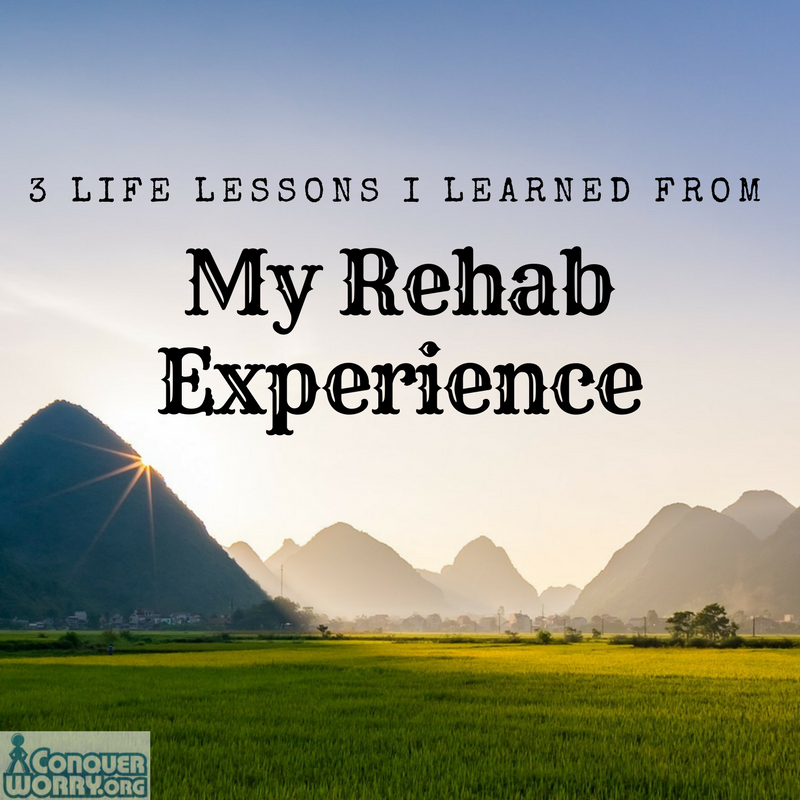
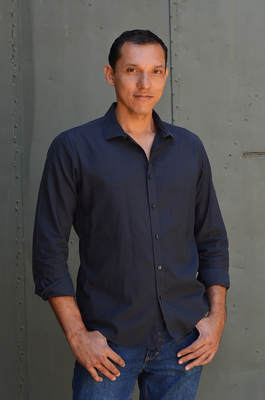
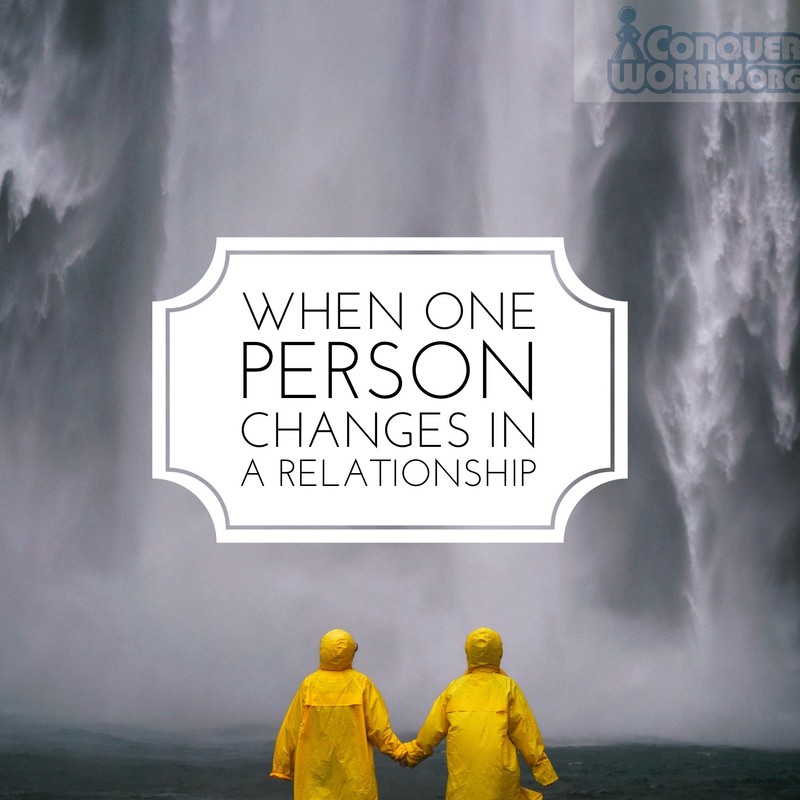

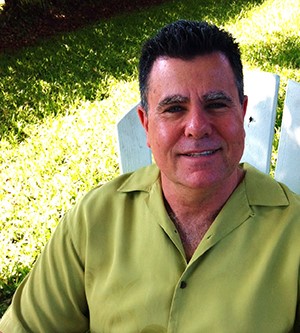
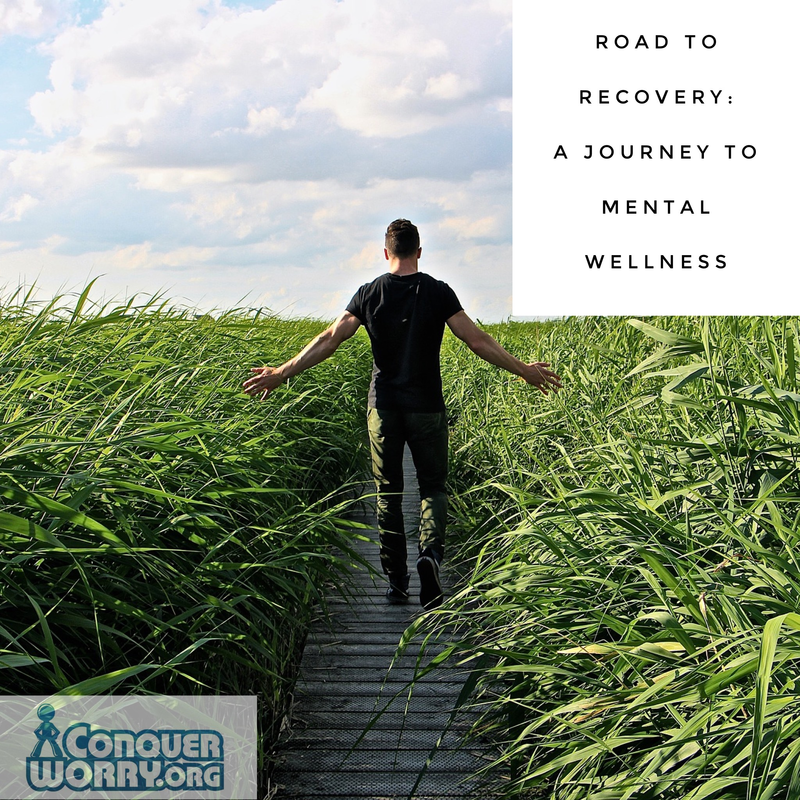
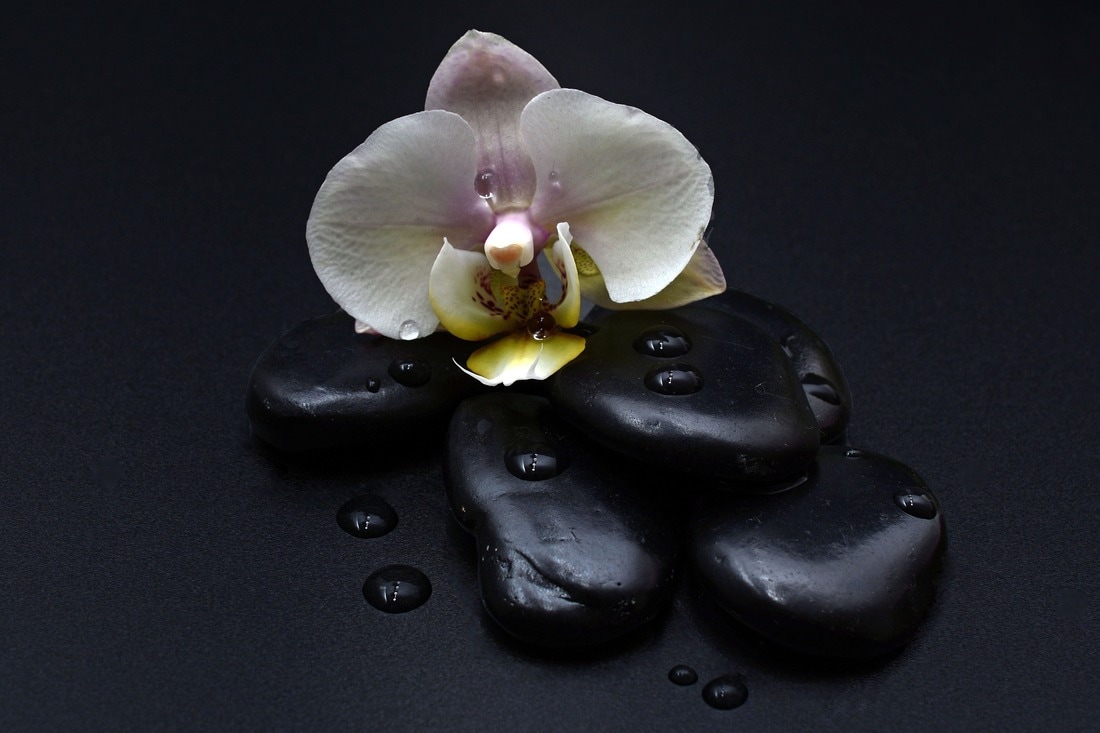
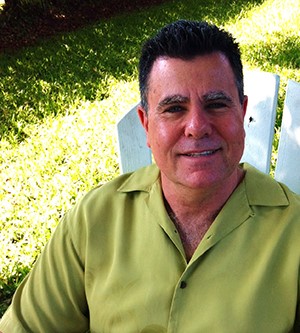
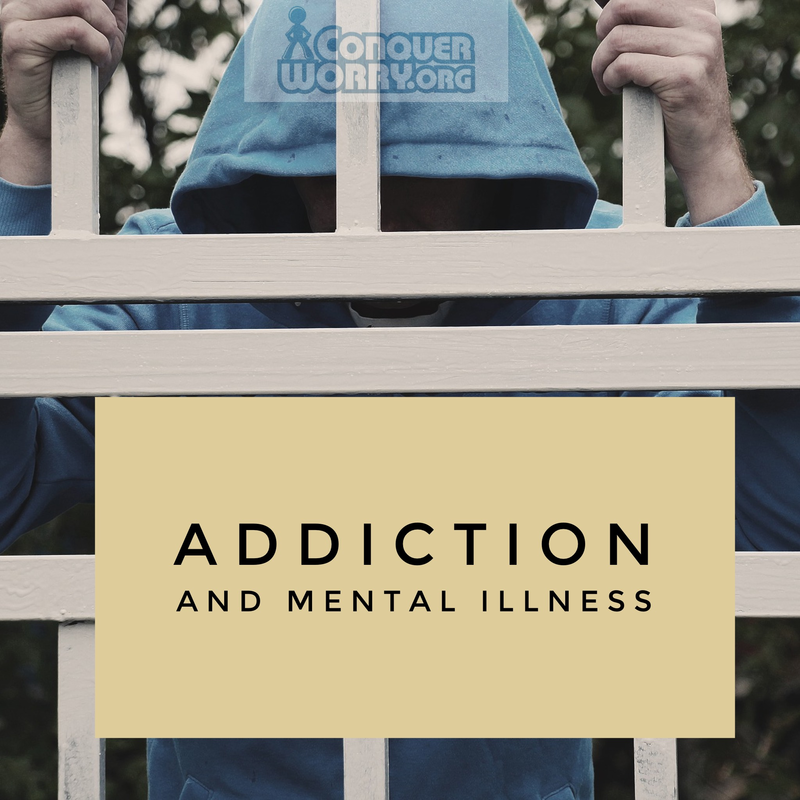
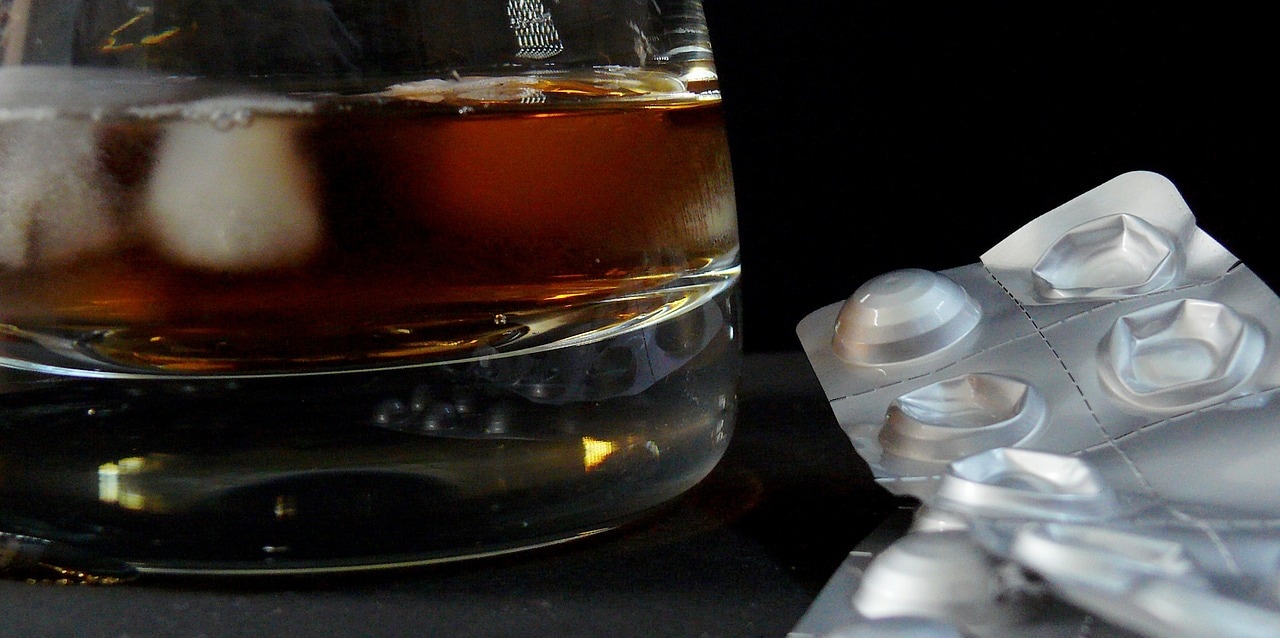
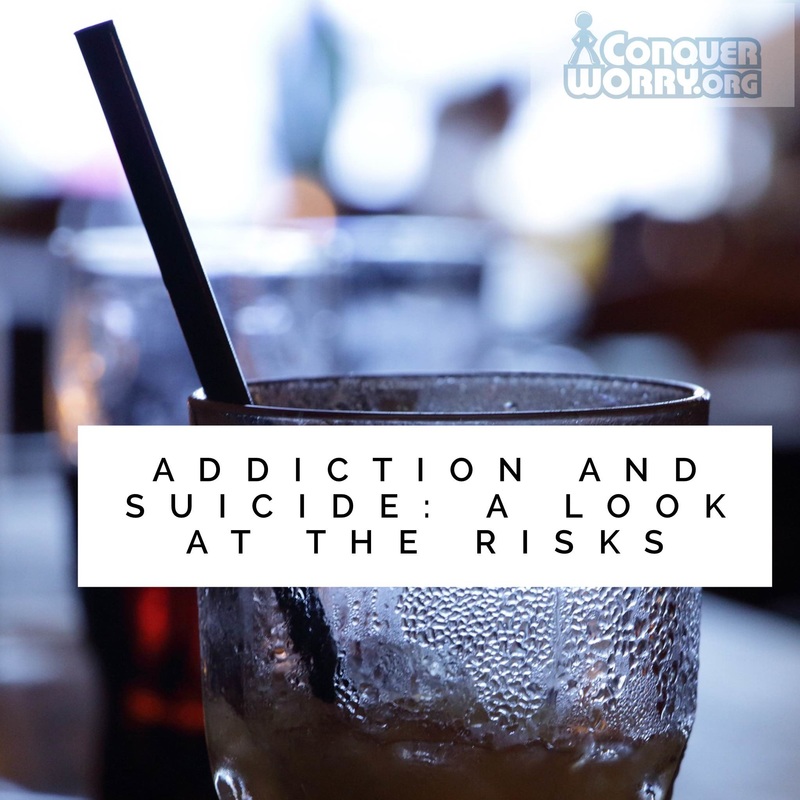
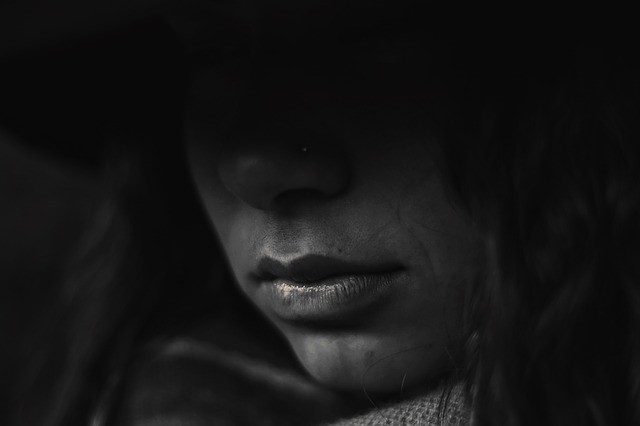
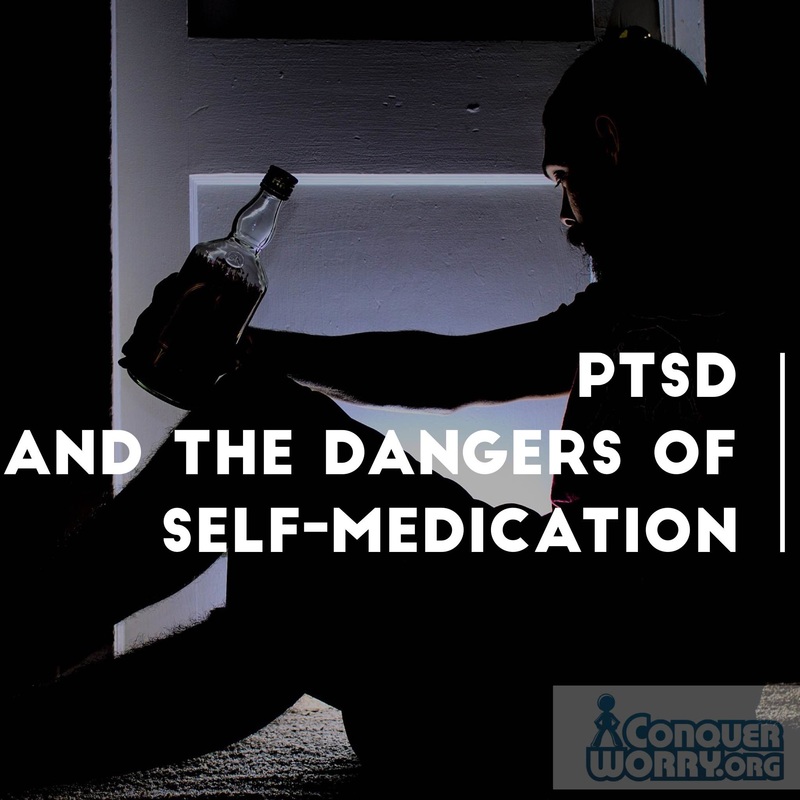
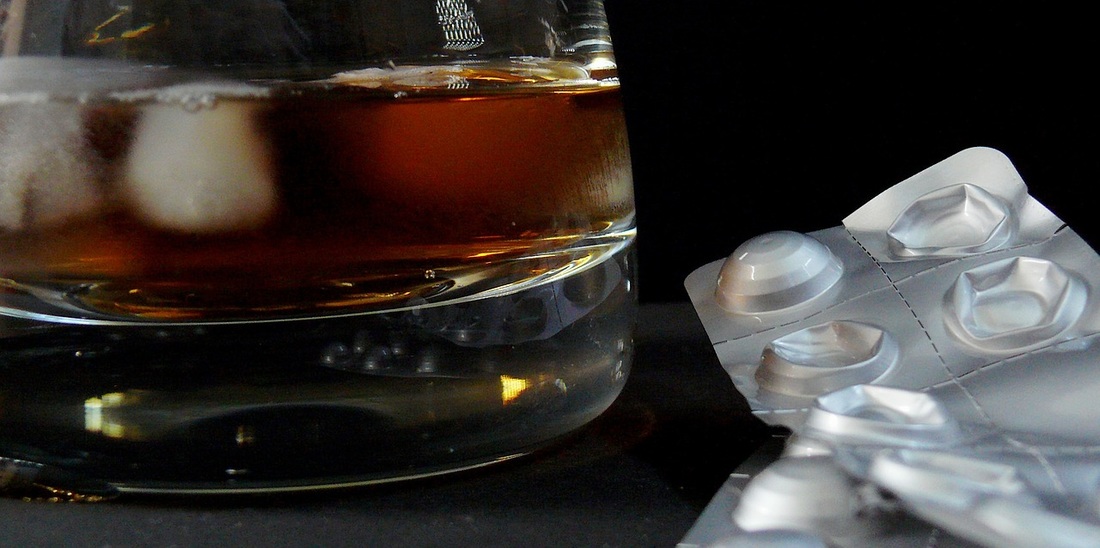
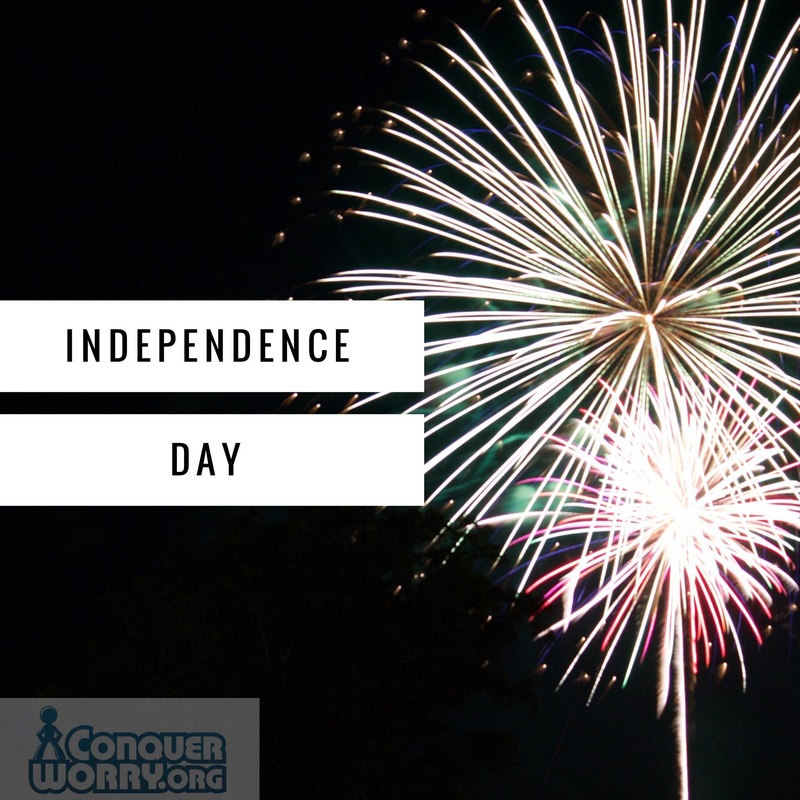
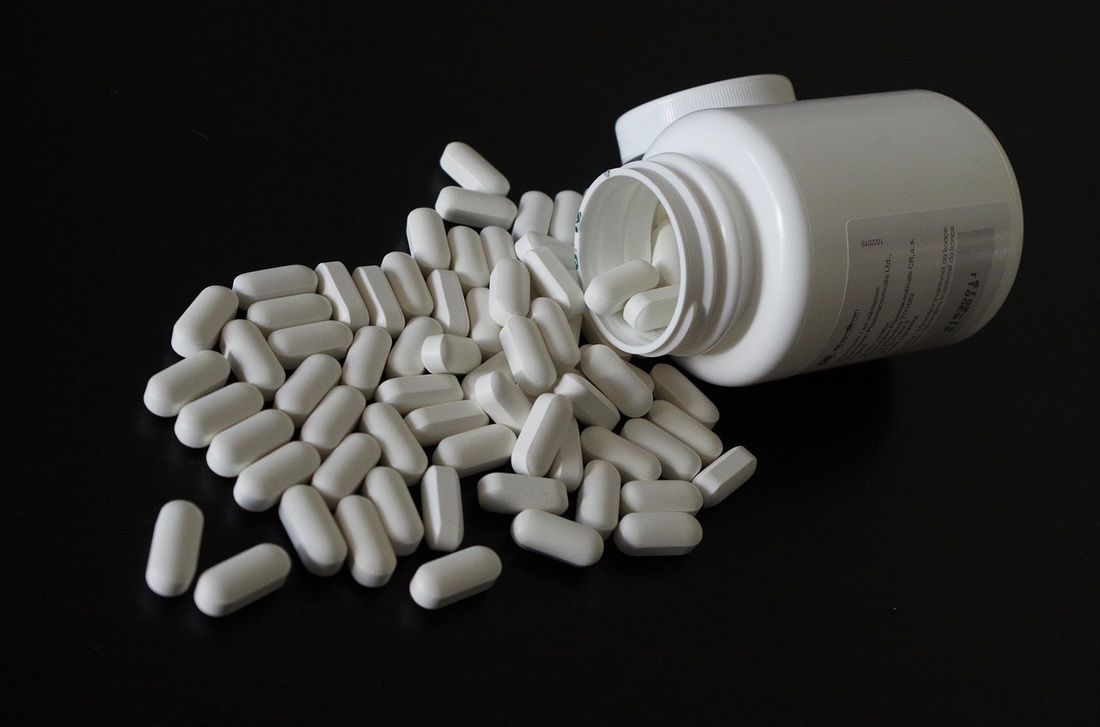

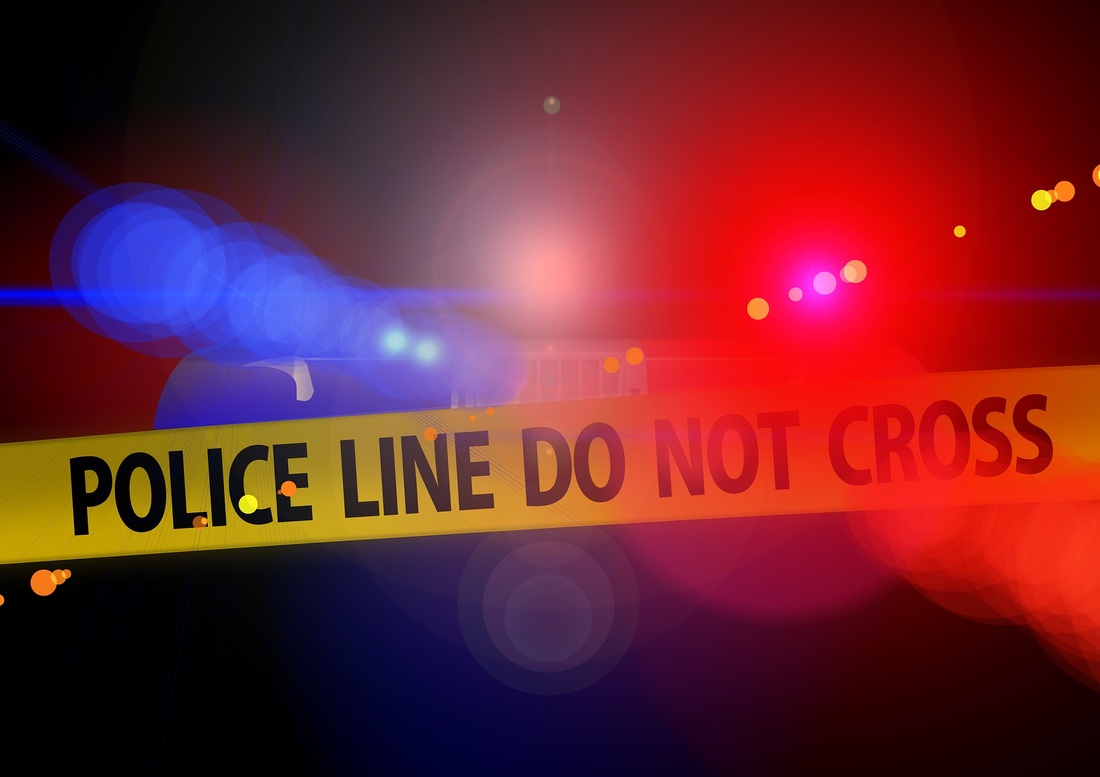
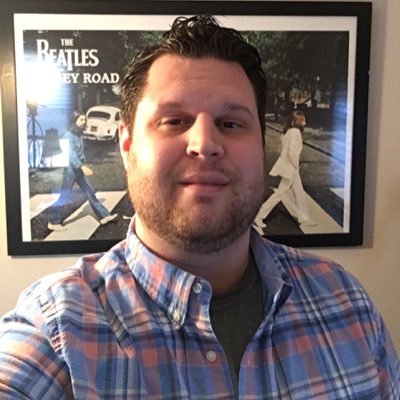
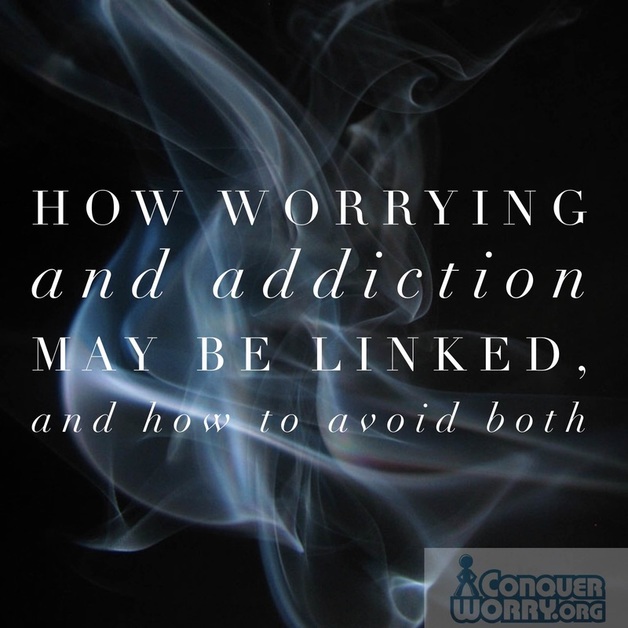


 RSS Feed
RSS Feed





